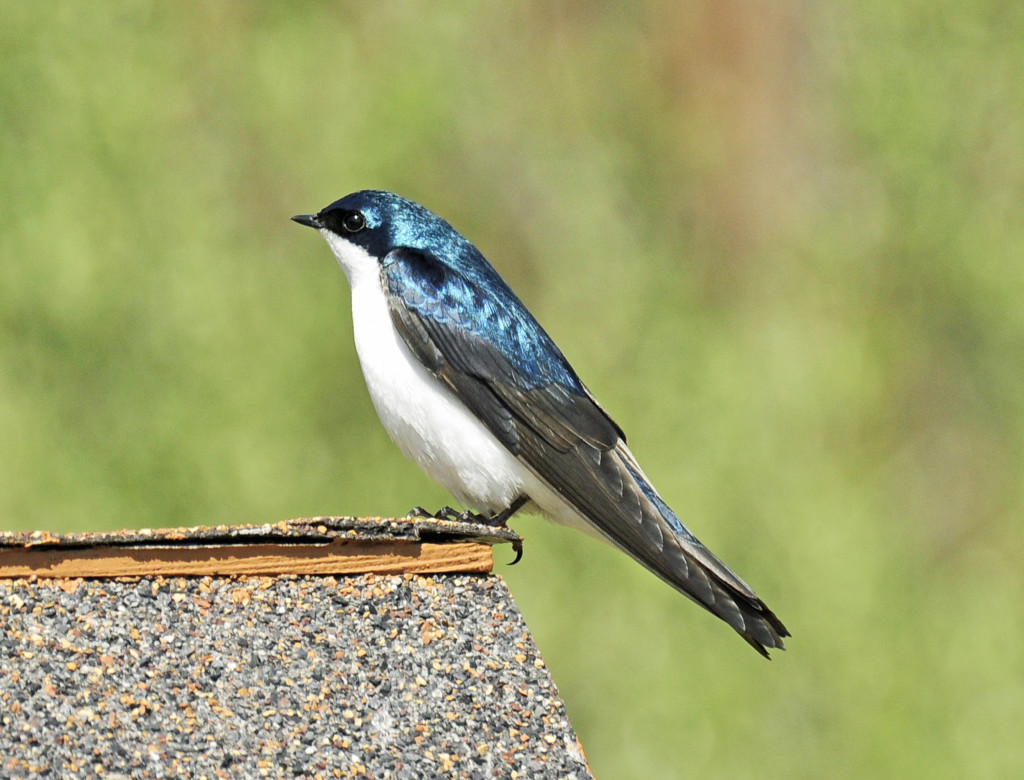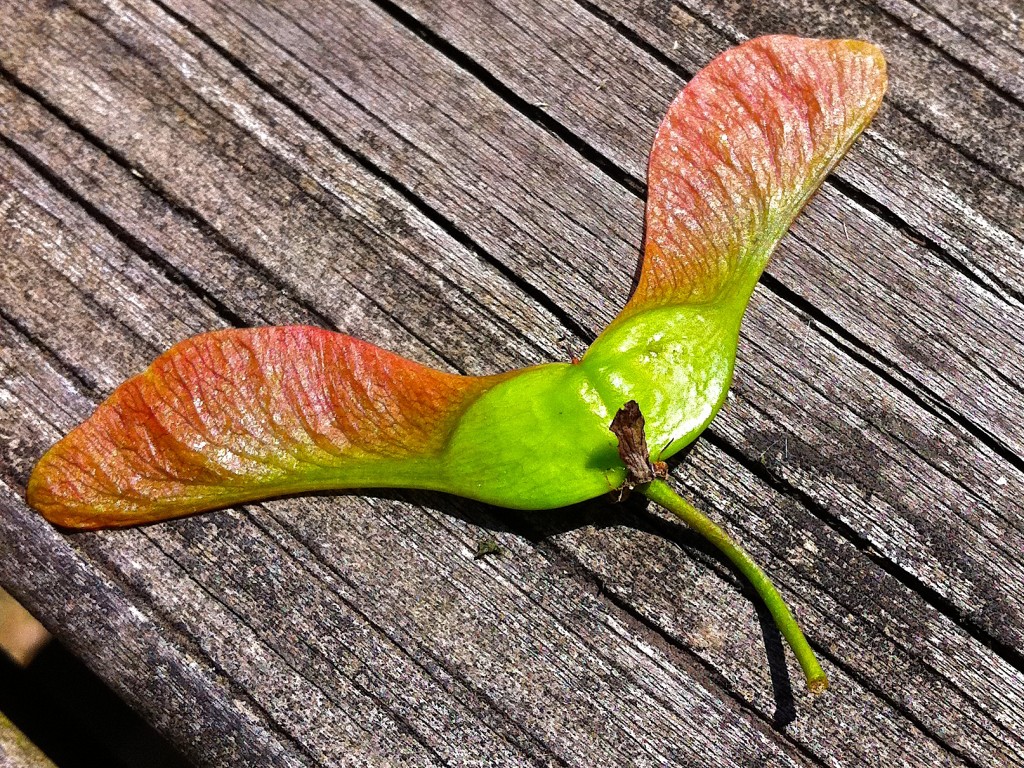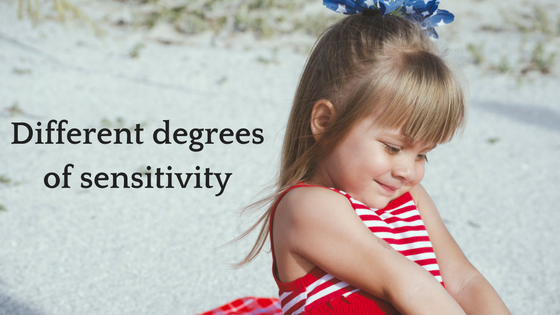Embrace your personality
A while ago I discovered a wonderful podcast, called The Highly Sensitive Person, by Kelly O’Laughlin.
She talks about the personality traits of highly sensitive people, and although I don’t recognize myself in all of them, there are some that most definitely resonate with me.
One of the best episodes I’ve listened to is nº60: “The Extroverted Highly Sensitive Man: An Interview with Johnny Martinez”. I was listening to it today while walking in London, and suddenly I heard something that made me stop and pause the podcast to let the information sink in my brain, because it was beautifully expressed. The guest said this:
“During your whole life, if you realise there’s something different about you, you look for answers and you put the pieces together so that you can complete the puzzle. And when you complete the puzzle you have a big picture of it and you can start to look at it as a gift and not as a hindrance. Once you know it, you can point yourself in the right direction so that you can start to utilise it in a wise way. It’s as if you had a hammer, but until you realise it is a hammer and start hammering nails, you use it to saw wood and it is not gonna work. So you need to figure out what you have so you can apply it in the right way”.
I found this a wonderful image to explain how we should go about our personality.
We all have different personalities, and different traits. There are benefits and disadvantages in all personality traits. But as the say goes, the grass is always greener on the other side of the fence.
So being very sensitive, I started to think that my life would be so much easier if only I was less sensitive.
I came to this conclusion because I’m pretty familiar with what it is like to experience life through very strong emotions, but I have no idea what it means like to live life with less intensity. I’ve simply assumed that less sensitive people (or less emotional, less empathic, whatever you want to call them) had a much easier life.
I got to believe my sensitivity was a hindrance, almost a handicap. So I started to change myself and learn to be less emotional. This didn’t go very well, because I projected an image that didn’t really matched how I felt inside, and ultimately it just made me suffer.
What I found out later in life is that we really need to embrace our personality. This does not mean that we’re never going to push ourselves out of our comfort zone, or that we’ll never try to improve ourselves. But it means that we need to figure out the benefits of being who we are, and apply them in the right way. As the guest was saying in the podcast, if you have a hammer and you try to saw wood, you’re not using the benefits of the hammer and you think it’s useless. On the contrary, if you have a saw and you try to hammer nails with it, you might also think it’s completely useless.
So when I say that we need to embrace our personalities I mean to understand what our personality is really good for, and to find its purpose. If you’re a very sensitive person and you try to fit the role of someone who has to make tough decisions regardless of emotions, you’ll struggle with every decision, you’ll suffer a lot and you’ll think you’re useless because this role does not enhance your main personality traits. On the other hand, if you’re a very rational person and you try to help a friend by talking him out of his problems, you’ll think you’re a useless friend because you’ll not help him at all. However, if you’re a very sensitive person you’ll be very good at helping a friend because you just sense his problems, and if you’re very rational you’ll be able to make the right decision even if they make you sad or scared.
The way I see it, is that in this life we’ve been given some personality traits, specific parents and some personal challenges we need to overcome. The reason is that there are certain lessons we need to learn, and our personality, our parents and the challenges we’ve been put through are exactly what we need in order to learn those lessons. It might be that we need to learn how to love ourselves, how to forgive, how to become self-reliant. Normally, the things we struggle the most with are the things we need to learn the most. Once we’ve learned our lesson, we’re ready to pass to the next class, our next life or whatever you want to call it.
So ultimately, our personality is like a map towards our true purpose in life. If we can understand what make us click, what we’re really good at and what we can do naturally, everything will start to happen almost by magic, and we will bring our true gifts to the world.



